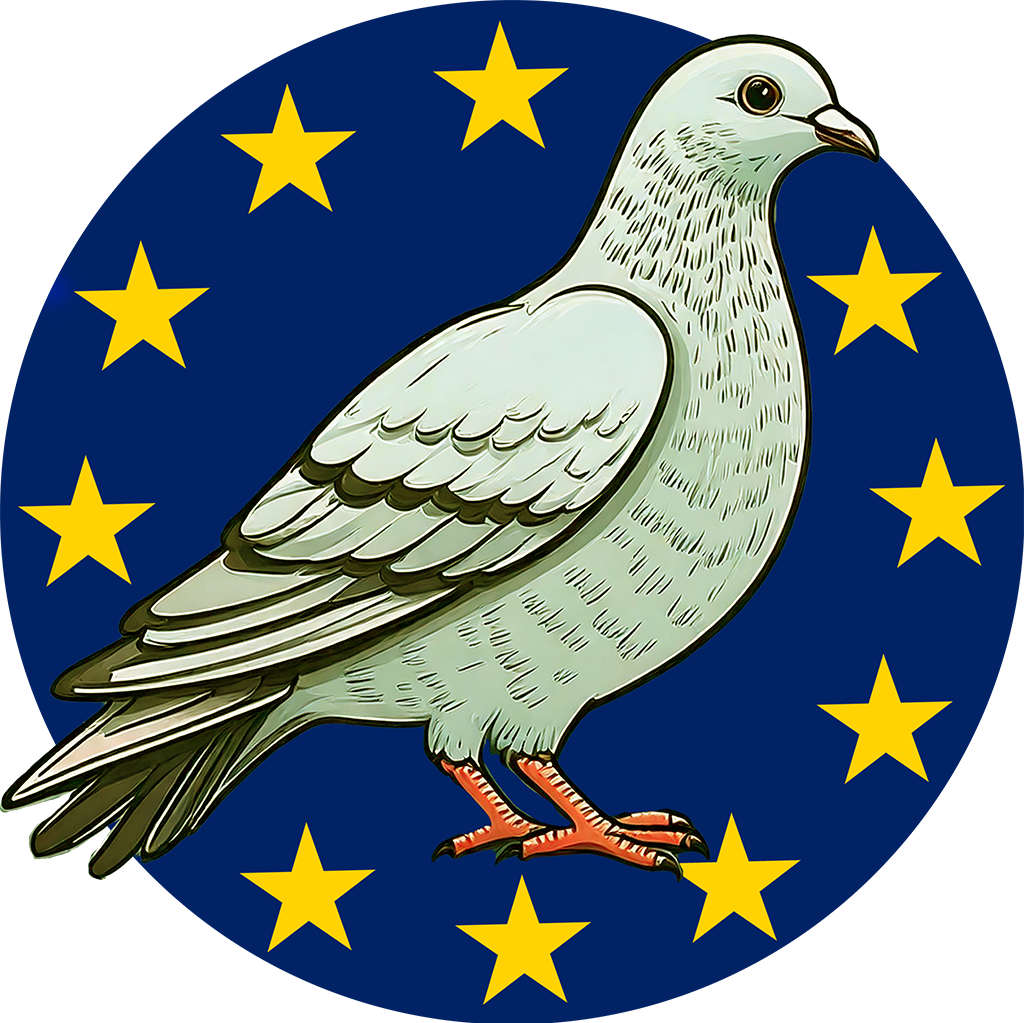Eligibility Criteria for EIC Accelerator Program Applicants
Understanding Eligibility Criteria for EIC Accelerator Participants The European Innovation Council (EIC) Accelerator program is a vital initiative aimed at supporting innovative startups and SMEs striving to bring transformative ideas to market. As part of the European Union’s commitment to fostering innovation, the EIC Accelerator provides various forms of funding, including grants and equity, to dynamic businesses. However, to ensure the security and integrity of the program, prospective participants must meet specific eligibility criteria. Below, we delve deeper into these criteria, offering insight to help applicants navigate the process successfully. Characteristics of the Entity’s Business Key to evaluating an application is understanding the characteristics of the entity’s business and conduct. The assessment considers several critical factors: Connections to Third Country Governments: A strong link to a third country government raises concerns around influence and security. The EIC Accelerator is particularly cautious about any affiliations that may compromise the entity’s autonomy in pursuing innovative projects. Legislation and Government Practices: The applicant’s business operations may be subject to legislation or government practices from their respective third country. Any adverse impact these regulations might have on the implementation of the proposed action must be clearly articulated in the application. Risk Assessment: Highlighting potential risks related to offensive cyber activities or intelligence policies is crucial. Stakeholders should also consider pressures linked to manufacturing locations or access to sensitive information, as these can greatly affect project feasibility. Cybersecurity Practices In today’s digital landscape, cybersecurity is paramount. Applicants to the EIC Accelerator are expected to implement robust cybersecurity practices that extend throughout their supply chains. This includes: Comprehensive Risk Identification: It is essential to identify and mitigate risks through relevant assessments conducted by Member States, third countries, and associated EU institutions, bodies, and agencies. Effective risk management strategies will not only protect the entity but also enhance the overall trustworthiness of the application. Adherence to Best Practices: Implementing industry-standard best practices in cybersecurity can significantly improve the chances of successful participation in the EIC Accelerator program. Exceptions and Case-by-Case Assessment While the eligibility criteria are stringent, exceptions can be requested from the EIC Agency. Each request will be evaluated on a case-by-case basis, taking into account: 5G Cybersecurity Toolbox: The criteria outlined in the 5G cybersecurity toolbox play a crucial role in determining whether exceptions can be granted. Evaluation of Security Risks: The potential security risks posed by the applicant, alongside the availability of viable alternatives concerning the proposed action, are fundamental to the assessment process. EU Restrictive Measures Entities that fall under EU restrictive measures as outlined in Article 29 of the Treaty on the European Union (TEU) and Article 215 of the Treaty on the Functioning of the European Union (TFEU) are categorically ineligible to participate in any capacity in the EIC Accelerator. This broad restriction encompasses: Beneficiaries Affiliated entities Associated partners Third parties providing in-kind contributions Subcontractors Recipients of financial support to third parties Obligation of Result All applicants must demonstrate compliance by ensuring that their Ultimate Beneficial Owners are not listed under EU sanctions. Furthermore, it is imperative that they do not engage in business transactions with customers or provide funds or economic resources to any natural or legal persons designated under EU sanctions. Special Rules for Specific Regions In light of ongoing geopolitical tensions, legal entities established in Russia, Belarus, or non-government-controlled territories of Ukraine are currently deemed ineligible to participate in the EIC Accelerator program. This restriction holds true regardless of whether these entities are directly subject to EU restrictive measures, as the current context complicates the successful implementation of the program’s objectives. Conclusion and Final Considerations In summary, potential applicants to the EIC Accelerator must meticulously consider these eligibility criteria and restrictions to ensure compliance and increase their chances of a successful application. The EIC Accelerator provides significant opportunities for startups and SMEs, particularly in the deep tech sector, through various funding mechanisms. Understanding how to apply for EIC Accelerator programs and adhering to the stated EIC Accelerator evaluation criteria can enhance the likelihood of securing necessary funding. Moreover, as entrepreneurs prepare their applications, they should focus on best practices for EIC Accelerator application, such as clear proposal writing and presenting a strong business case that reflects innovative potential and commercial viability. Utilizing available resources, including EIC Accelerator coaching services and examining past EIC Accelerator case studies, can further bolster the applicant’s strategic approach. For those aiming for a share of EU innovation funding, particularly through avenues like EIC grants and non-dilutive funding for startups, understanding the landscape of other EIC programs, such as the EIC Pathfinder and EIC Transition, can also be advantageous. Ultimately, with the EIC Accelerator application deadline 2025 approaching, it is crucial for interested parties to initiate their preparations well in advance and remain informed about any updates regarding EIC Accelerator funding eligibility. By doing so, applicants can maximize their chances of not only securing funding but also achieving long-term success in their innovative endeavors.
